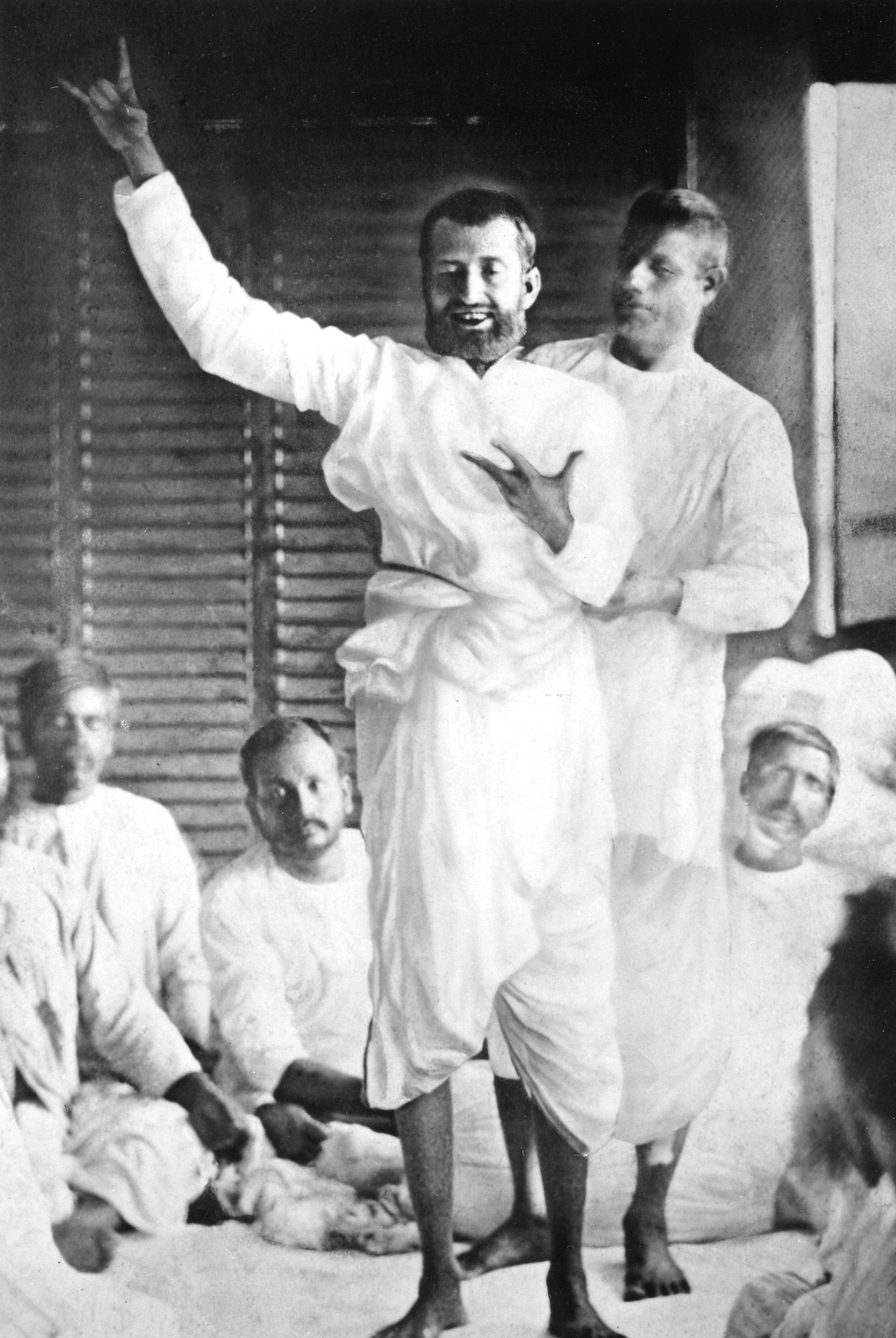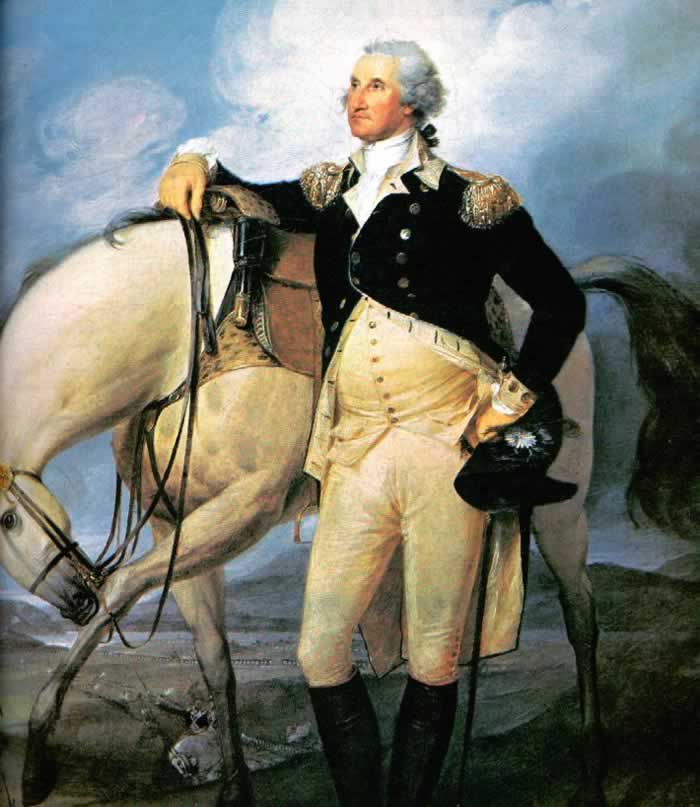
I.Q. (intelligence quotient) is a measurement of a person’s reasoning ability, often equated with the notion: if you are intelligent and educated, then you are wise. However, there are many types of intelligence, reasoning ability and recall of a large knowledge base is just one of them. In addition to reasoning intelligence, there is emotional quotient, socialization quotient, wisdom quotient, and God quotient.
Emotional quotient is having full access to a wide range of feelings and the ability to process them as they arise; socialization quotient is measured by the ability to connect with others, display empathy and be a follower or a leader depending on circumstances; wisdom quotient is knowing what is true and discerning right action; and God quotient is the faculty for experiencing higher Consciousness, and helping others to do the same.
Although all of these types of intelligence are important (though many have not been studied scientifically), the wisdom quotient has been of particular interest to me, as it is essential for real success in all other fields. Wisdom and discernment are sometimes associated with a high I.Q.–the smartest person in the room will have the right answers in all areas of life. However, while this may true for answering standardized test questionnaires, it is hardly proof for finding one’s way through life’s many bewildering situations, its vagaries, seemingly unsolvable problems, and moral dilemmas. For knowing what is true, and for right action discerning wisdom is the most important faculty available for any individual and can be quite independent of being a brainiac.
A study of who may be the three most prominent individuals of the American Revolution reveals much about discernment. Washington, Jefferson and Adams were all highly intelligent and successful individuals. Adams and Jefferson were both brilliant, and in all likelihood would outscore Washington on an I.Q. test, and perhaps Jefferson would top all three. However, both Jefferson and Adams could not have played the role Washington did, nor did they display the consistent right decision making ability that made the American Revolution not just an overthrow of a government, but gave birth to a true revolution of ideas, and subsequently a successful democratic republic—Washington was the one indispensable man.
Learning discrimination came early in Washington’s life, for self-study he copied Rules of Civility (mostly based on a Jesuit writing from 1595), whose first rule, of 110, is respect for others. Such early adherence to right behavior built a foundation for true discernment later in life, not based on rules alone but a sense of knowing right action based on intuition—access to what the great yogi Milarepa called inborn Dharma Essence. Learning rules of good behavior is a first step, but it should lead to a search for truth that is only to be found within, and while the reasoning mind may be helpful in this pursuit, its acquirement requires a more subtle faculty, a direct apprehension of truth through intuition for right action—ultimately coming from the Divine Mind.
Washington was not the most brilliant tactician or strategic military general of his time, but he knew that holding together his army on the field was absolutely needed, not a desperate all-or-nothing battle—as lesser generals were urging. Also, as general he did not afterward proclaim himself dictator/king, as some urged him to do, but voluntarily disbanded the army he had successfully, and at great expense, built in the previous six years. President Washington demonstrated selfless integrity as he performed all the duties of the office—without a template and doing everything for the first time. As the first head of a constitutional republic he did something absolutely unique, up until that moment in history: Washington voluntarily stepped down from power without giving it over to an heir, but to a newly democratically elected president.
I use Washington as an example because he is prominent, showed the right temperament and performed right action as Virginia’s representative, as a military general, and as first president—all done with the least education of any president, yet was universally accorded absolute respect from all who knew him. Wisdom and discernment that escaped others around him, who I am sure would score higher on an I.Q. test, demonstrates the superiority of the wisdom quotient.
Another example is found halfway around the world in the person of Ramakrishna Paramhansa; a saint held in high repute for his realization of God. Ramakrishna received very scant education, but nevertheless pursued God-realization with his whole might. His words were recorded, most notably in the Gospel of Sri Ramakrishna, by Master Mahasaya. Without reading or writing skills Ramakrishna etched for the ages remarkable wisdom from stories of his own life-experiences and through Indian tales that he brought into relevant context through his talks with devotees. His ability to bring out great truth, earned through his intense spiritual practice, is wisdom on parade and in truth is today regarded as scripture. Ramakrishna puts to shame pundits and those well-known and much more accomplished in the world of his day—and his light continues to shine.
Some seem to have discernment from the very beginning, despite all other factors in life. Ramakrishna, Anandamoyee Ma, Meher Baba and other greatly realized masters were thought to be mentally defective when young; because they were attuned to a higher Reality the world simply does not see. Yet, because their words and life-activities are based in higher truth, their lives have only gained strength through time, even as the great masters: Jesus, Buddha, and Krishna.
We do not need to denigrate the value of education or a high I.Q. to acknowledge the superior value of true wisdom. Let us seek out wisdom as a vital compliment to all other life skills—in the beginning this may well be based on reason, then later from inner attunement and communion with the greater Self. In a reciprocal manner right action leads us into greater attunement with higher consciousness, higher consciousness then becomes a direct guide for right action—as long as the individual remains mindful of both right action and inner attunement, the growth of both makes for a seamless life of wisdom and intuitively guided right action.
George Washington Quotes:
“While we are contending for our own liberty, we should be very cautious not to violate the rights of conscience in others, ever considering that God alone is the judge of the hearts of men, and to him only in this case they are answerable.”
“The ways of Providence being inscrutable, and the justice of it not to be scanned by the shallow eye of humanity, nor to be counteracted by the utmost efforts of human power or wisdom, resignation, and as far as the strength of our reason and religion can carry us, a cheerful acquiescence to the Divine Will, is what we are to aim.”
